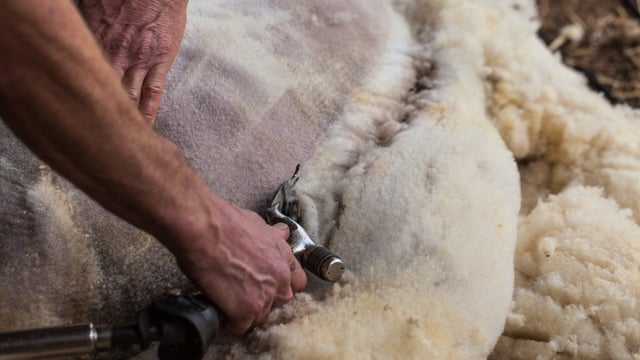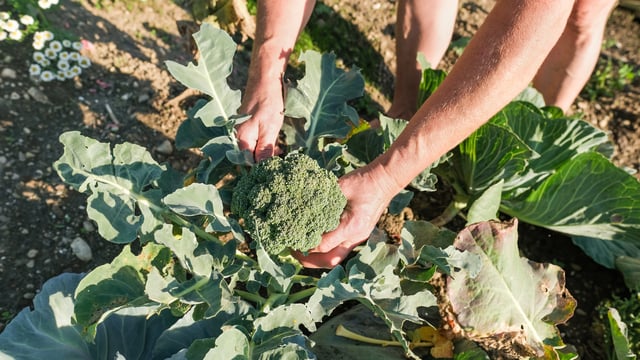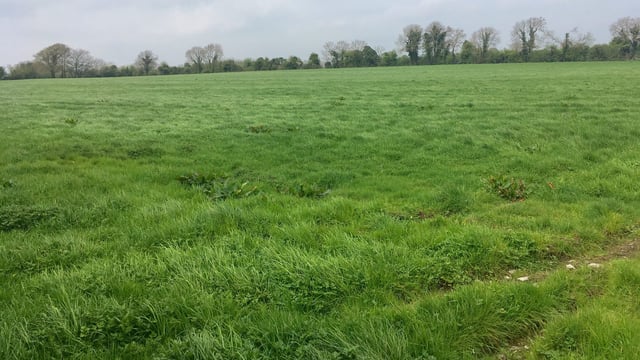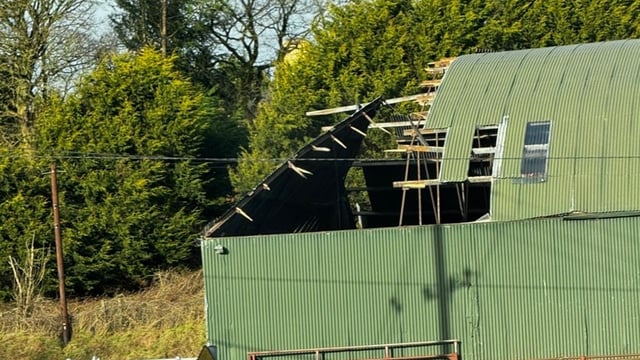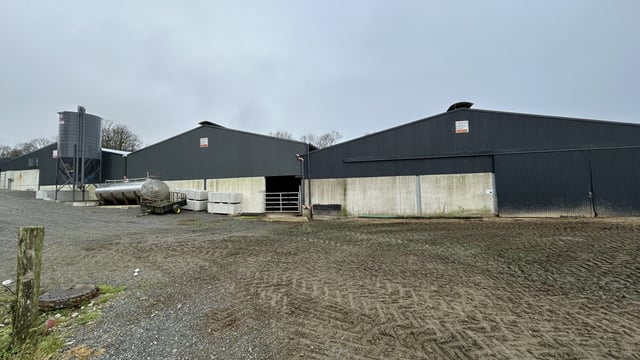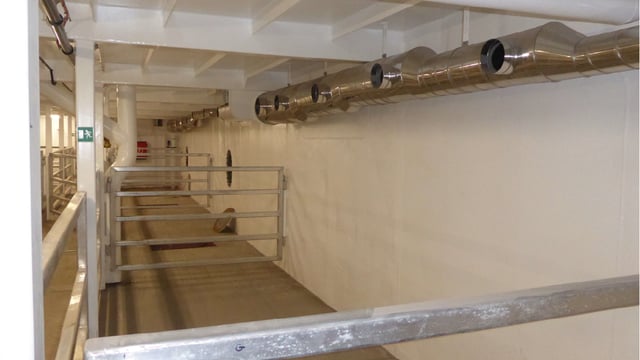€8m grassland initiative kicks off in Co. Cork
An EU initiative to deploy and optimise regional green biorefineries in grassland farming regions of Europe has been launched at Munster Technological University (MTU) in Co. Cork.
The 'Rural BioReFarmeries' (RBRF) initiative is funded by the Circular Bio-based Europe Joint Undertaking (CBE JU), which has given €8.7 million for the project.
The CBE JU is a €2 billion partnership between the European Union and the Bio-based Industries Consortium (BIC).
The project officer at CBE JU, Luisa Mascia said: "The project kicks-off with more than €8 million in CBE JU funding to unlock the untapped potential of grass biomass.
"Two small-scale biorefineries, in Ireland and Denmark, will deploy farmer-centered grass-based value chains, offering new circular business models, fully replicable across rural areas and regions in Europe."
MTU will coordinate the initiative for the next four years alongside 18 other partners from eight European countries.
Grassland
Grassland covers almost 35% of agricultural land in Europe and over 90% in Ireland.
RBRF will introduce and scale technologies aimed at unlocking bioeconomy grassland opportunities that can bring major environmental, economic, and social benefits for farmers and rural communities.
It is hoped that this will provide a mechanism to generate new high-value ingredients from grass, while complementing traditional farm enterprises.
The project’s ultimate goal is to demonstrate the potential of grassland biorefineries through the development of two primary green biorefinery and anaerobic digestion (AD) demonstration sites in Ireland and Denmark.
Work will be done in collaboration with research and industrial sites in the Netherlands, Ireland, Denmark, and Poland.
These sites will optimise the conversion of grasses, clover, and green biomass residues sourced from local farms to co-produce value-added products.
These products will include human and animal grade protein, bio-based food packaging, high-value flavours, anti-microbials, and feed additives along with fertiliser and energy.
The RBRF project coordinator, James Gaffey said: "In a circular bioeconomy, we can produce, not only forage, but also food, high value materials and energy from grasslands.
"Green biorefineries are a key sustainable technology for realising this potential.
"The project will help farms to reduce inputs costs, create new revenue streams, and support them in meeting climate targets, while benefitting the local agricultural sector and broader society," he concluded.



